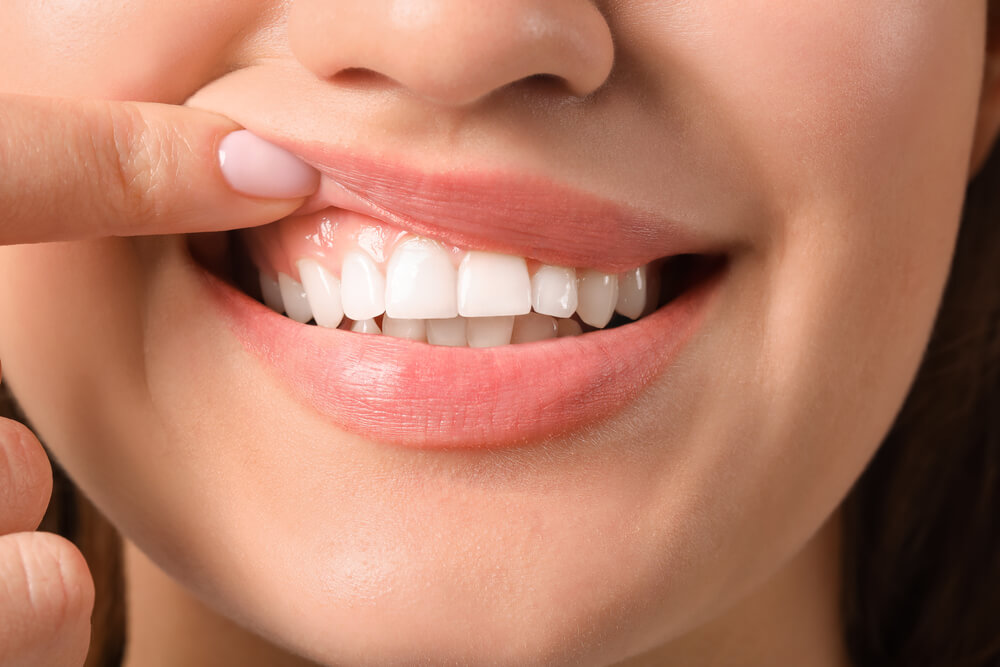Flossing is a vital part of maintaining good oral hygiene. But can you floss too much? While flossing is important, it’s possible to overdo it, leading to potential issues for your gums and teeth. Here’s a guide to help you make sure you’re flossing at a healthy frequency.
Yes, It’s Possible to Floss Too Much
Over-flossing, especially if done with too much force or incorrect technique, can irritate your gums and lead to bleeding, swelling and even gum recession. Gum recession occurs when the gums pull away from the teeth, exposing the roots and making them more susceptible to decay and sensitivity. Additionally, over-flossing can damage the enamel on your teeth, increasing the risk of cavities.
Should You Floss Twice a Day?
Flossing twice a day might be necessary for some individuals, especially if food regularly gets stuck between their teeth, but for most people, flossing once a day is sufficient. If you feel the need to floss more than once a day, ensure that you’re doing so gently and without snapping the floss into your gums, as this can cause unnecessary damage.
How Do You Know If You Floss Too Much?

There are several signs that you might be flossing too much. Physically, you may notice that your gums bleed more than usual or feel tender and sore. Persistent redness, swelling, or noticeable gum recession are also indicators that your flossing routine might be too aggressive. Additionally, if you experience increased tooth sensitivity, it could be due to enamel erosion caused by excessive flossing.
If you notice any of these symptoms, it’s worth taking a step back and reevaluating your flossing technique and frequency.
Proper Flossing Technique
To enjoy the benefits of flossing without causing harm, it’s important to floss properly. Start by using about 18 inches of floss, wrapping most of it around your middle fingers, and holding it between your thumbs and index fingers. Gently slide the floss between your teeth using a rubbing motion, then curve it into a C shape around each tooth and move it up and down. Use gentle pressure and be careful not to snap the floss into your gums.
Alternatives to Traditional Flossing
For those who are concerned about over-flossing, there are alternatives to traditional flossing that can help maintain oral hygiene without the risk of damaging your gums. Water flossers, for example, use a stream of water to clean between your teeth and along the gum line, providing a gentler option that’s effective for those with sensitive gums or dental appliances like braces.
Determining If You Floss Too Much: We Can Help!
Flossing is an essential part of oral care, but it’s important to avoid over-flossing. So, can you floss too much? Absolutely. Flossing too much can lead to serious gum and tooth issues. If you have any questions about flossing or are interested in orthodontic treatments, contact us at Peterson Family Orthodontics. Our friendly and experienced team is here to help you achieve and maintain the smile of your dreams!

